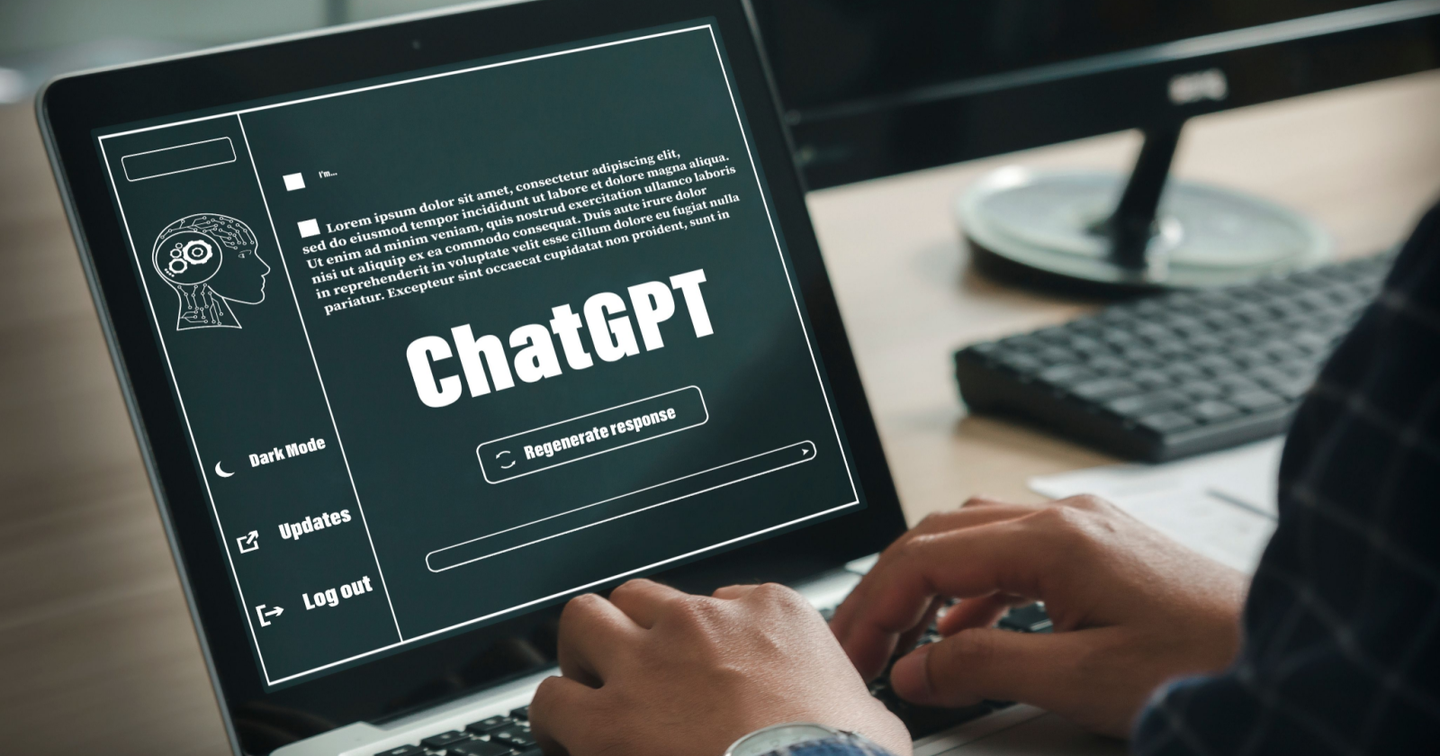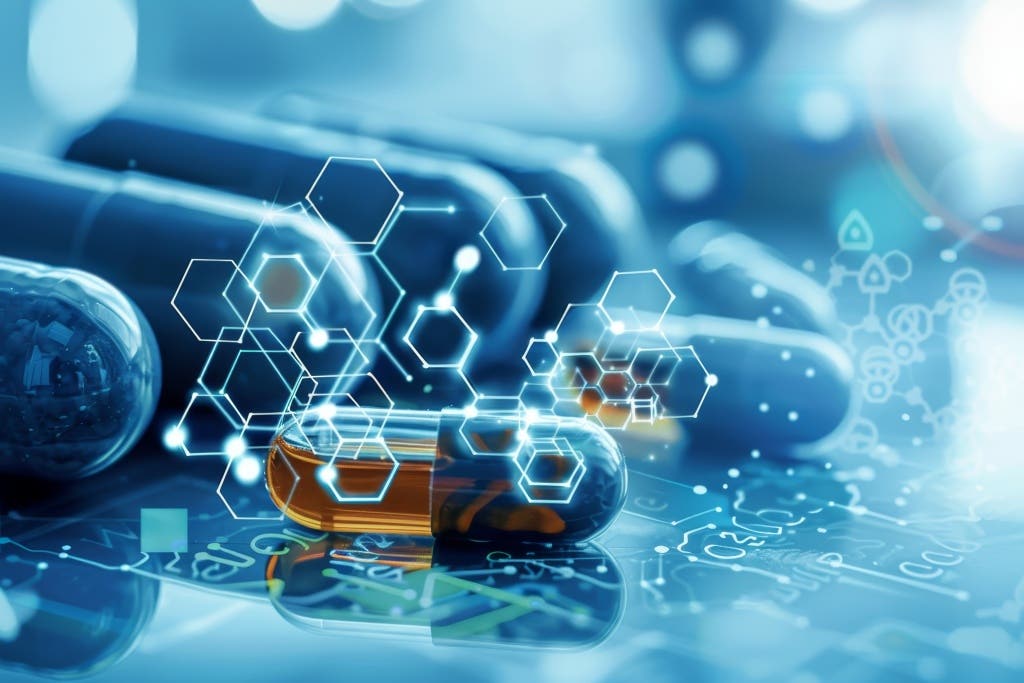Can ChatGPT revolutionize the world? Here is what it “thinks”
OpenAI’s ChatGPT may not be self-aware but it does know its place in the world and has an opinion on its potential to revolutionize humanity

[Mar. 6, 2023: Staff Writer, The Brighter Side of News]
OpenAI’s ChatGPT may not be self-aware but it does know its place in the world. (CREDIT: Creative Commons)
As an AI language model, ChatGPT has the potential to impact the world in many ways. From improving communication and efficiency to advancing scientific research and enhancing education, ChatGPT has the potential to transform many aspects of human life.
But as an AI platform, what does ChatGPT think about its role in the world? We didn't know, so we asked it. In its own words, here is how ChatGPT thinks it will revolutionize the world. This is uneditted and a full and complete response to the simple question: "Why will chatgpt revolutionize the world?" Aside from a penchant to reference itself in the first person, its insights are actually quite remarkable.
1. Improved Communication
One of the most significant ways in which ChatGPT can revolutionize the world is by improving communication. ChatGPT can understand and respond to human language, making it an ideal tool for improving communication between people who speak different languages. With the help of ChatGPT, people can communicate more effectively with each other, regardless of language barriers. This can help to promote cross-cultural understanding, facilitate trade and commerce, and promote peaceful coexistence among people of different backgrounds.
ChatGPT can also be used to improve communication in various other ways. For example, it can be used to develop chatbots that can handle customer service inquiries, freeing up human resources for more complex tasks. ChatGPT can also be used to automate customer support services, helping businesses to respond to customer inquiries more quickly and efficiently.
Related Stories
2. Increased Efficiency
ChatGPT can also revolutionize the world by increasing efficiency in various industries. For example, in healthcare, ChatGPT can be used to automate patient communication, making it easier for doctors and nurses to communicate with patients and provide them with the care they need. ChatGPT can also be used to analyze patient data and provide insights into patient health, allowing healthcare providers to make more informed decisions about patient care.
In the financial industry, ChatGPT can be used to automate various processes, such as fraud detection and risk assessment. This can help financial institutions to identify potential risks and prevent financial crimes more effectively. ChatGPT can also be used to automate customer support services, helping banks and other financial institutions to respond to customer inquiries more quickly and efficiently.
3. Advancing Scientific Research
ChatGPT can also revolutionize the world by advancing scientific research. With the help of ChatGPT, researchers can analyze large amounts of data more quickly and efficiently, helping them to make more significant discoveries and advancements in various fields.
ChatGPT can also be used to simulate various scenarios and analyze the outcomes, helping researchers to better understand complex systems and phenomena. For example, ChatGPT can be used to simulate climate change scenarios, allowing scientists to predict the potential impact of climate change on various ecosystems and develop strategies to mitigate its effects.
4. Enhancing Education
ChatGPT can also be used to enhance education by providing students with personalized learning experiences. With the help of ChatGPT, educators can develop personalized learning paths for students, based on their interests, learning style, and pace of learning. ChatGPT can also be used to provide students with feedback on their assignments and help them to identify areas where they need to improve.
ChatGPT can also be used to develop chatbots that can answer students' questions and provide them with assistance when they need it. This can help to reduce the workload of teachers and provide students with immediate feedback on their work.
5. Improving Accessibility
ChatGPT can also improve accessibility for people with disabilities. With the help of ChatGPT, people with visual impairments can use text-to-speech technology to access digital content more easily. ChatGPT can also be used to develop chatbots that can assist people with disabilities in navigating physical spaces and accessing various services.
ChatGPT can also be used to develop chatbots that can assist people with mental health conditions, such as anxiety and depression. These chatbots can provide emotional support and assist people in developing coping mechanisms to manage their mental health conditions.
6. Automating Mundane Tasks
ChatGPT can also be used to automate mundane tasks in various industries, freeing up human resources for more complex and creative work. For example, in the legal industry, ChatGPT can be used to automate contract review and analysis, allowing lawyers to focus on more complex legal work.
In the advertising industry, ChatGPT can be used to automate ad copywriting, helping companies to develop more effective advertising campaigns.
7. Improving Personalization
ChatGPT can also be used to improve personalization in various industries. With the help of ChatGPT, companies can develop personalized marketing strategies, based on the preferences and behaviors of individual customers. ChatGPT can also be used to develop personalized content recommendations for users of digital platforms, such as social media and streaming services.
ChatGPT can also be used to develop personalized healthcare plans for individual patients, based on their medical history and health data. This can help healthcare providers to provide more effective and personalized care to their patients.
8. Enhancing Creativity
ChatGPT can also enhance creativity by providing writers, artists, and other creatives with inspiration and ideas. With the help of ChatGPT, creatives can explore new ideas and concepts, develop new storylines, and create new works of art.
ChatGPT can also be used to generate new musical compositions, helping composers to explore new musical styles and develop new pieces of music. ChatGPT can also be used to develop new video game concepts, helping game developers to create new and exciting games.
9. Combating Misinformation
ChatGPT can also be used to combat misinformation by helping people to identify and evaluate the reliability of online content. With the help of ChatGPT, people can identify fake news and other forms of misinformation, helping to promote a more informed and educated society.
ChatGPT can also be used to develop chatbots that can provide fact-checking services, helping people to verify the accuracy of online content. This can help to reduce the spread of misinformation and promote more responsible online behavior.
10. Improving Accessibility to Knowledge
Lastly, ChatGPT can be used to improve accessibility to knowledge by providing people with access to vast amounts of information in a quick and efficient manner. With the help of ChatGPT, people can access information on a wide range of topics, including history, science, and current events.
ChatGPT can also be used to develop chatbots that can provide users with answers to their questions, helping people to learn more about the world around them.
In conclusion, ChatGPT has the potential to revolutionize the world in many ways. From improving communication and efficiency to advancing scientific research and enhancing education, ChatGPT has the potential to transform many aspects of human life.
While there are potential risks associated with the use of AI, such as job displacement and ethical concerns, the benefits of ChatGPT and other AI models cannot be ignored. As we move forward, it is important to continue exploring the potential of AI and to develop strategies for mitigating its risks while maximizing its benefits.
Note: Materials provided above by The Brighter Side of News. Content may be edited for style and length.
Like these kind of feel good stories? Get the Brighter Side of News' newsletter.



